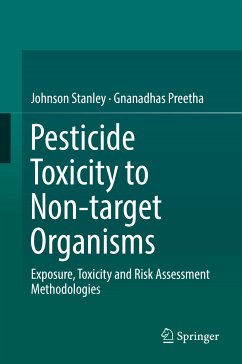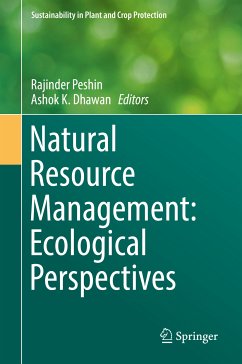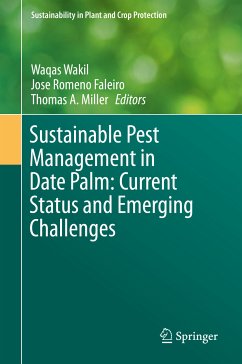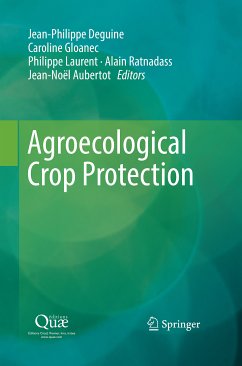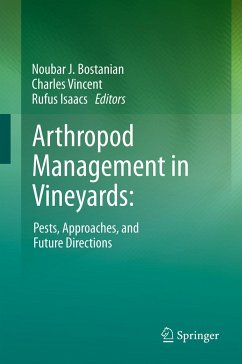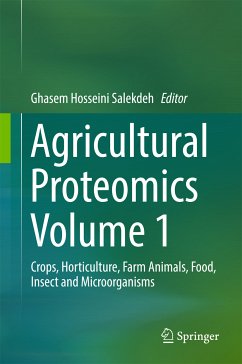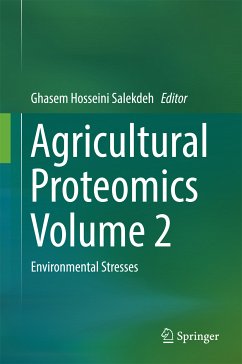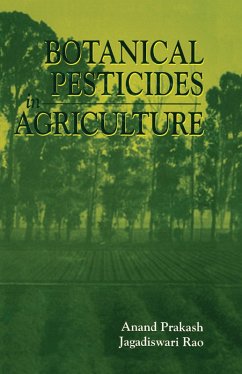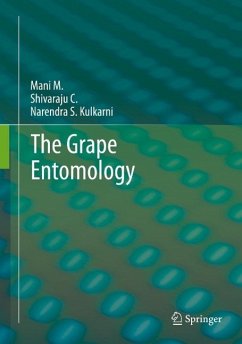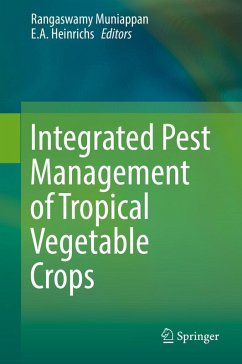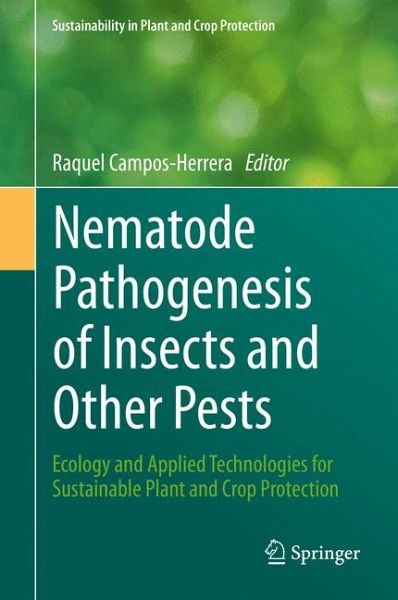
Nematode Pathogenesis of Insects and Other Pests (eBook, PDF)
Ecology and Applied Technologies for Sustainable Plant and Crop Protection
Redaktion: Campos-Herrera, Raquel
Versandkostenfrei!
Sofort per Download lieferbar
160,95 €
inkl. MwSt.
Weitere Ausgaben:

PAYBACK Punkte
80 °P sammeln!
Achieving a sustainable agriculture requires integrating advances in multiples disciplines, covering both fundamental and applied research in a common objective: enhancing crop health for better productions. This first volume of the Series "Sustainability in plant and crop protection" presents a comprehensive and multi-disciplinary compendium about the recent achievements in the use of entomopathogenic nematodes (EPNs) as biological control in a global scale. The volume is organized in a first section discussing the last discoveries on the biology and ecology of the EPN, a second section cover...
Achieving a sustainable agriculture requires integrating advances in multiples disciplines, covering both fundamental and applied research in a common objective: enhancing crop health for better productions. This first volume of the Series "Sustainability in plant and crop protection" presents a comprehensive and multi-disciplinary compendium about the recent achievements in the use of entomopathogenic nematodes (EPNs) as biological control in a global scale. The volume is organized in a first section discussing the last discoveries on the biology and ecology of the EPN, a second section covering the advances on the EPN productions and release, and a third section with multiples case-studies in which the concepts and ideas on the two previous sections are integrated and discussed. An essential tool for researchers and professionals working to advance in the sustainable use of our resources.
Dieser Download kann aus rechtlichen Gründen nur mit Rechnungsadresse in A, B, BG, CY, CZ, D, DK, EW, E, FIN, F, GR, HR, H, IRL, I, LT, L, LR, M, NL, PL, P, R, S, SLO, SK ausgeliefert werden.



